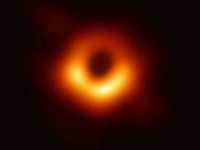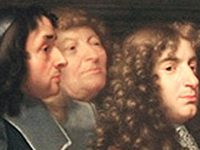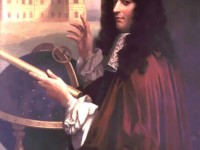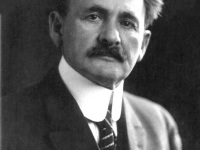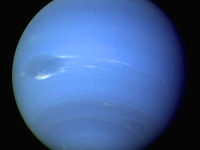John Michell and the Effect of Gravity on Light
Probably on December 25, 1724, English natural philosopher and geologist John Michell was born. He is best known as both a theorist and an experimenter, who was the first to propose the effects of gravity on light, later resulting in the physics of general relativity and black holes. John Michell – Background John Michell was born in Eakring, Nottinghamshire, UK, the son of Gilbert Michell, a priest, and Obedience Gerrard. However, his exact…
Read more

